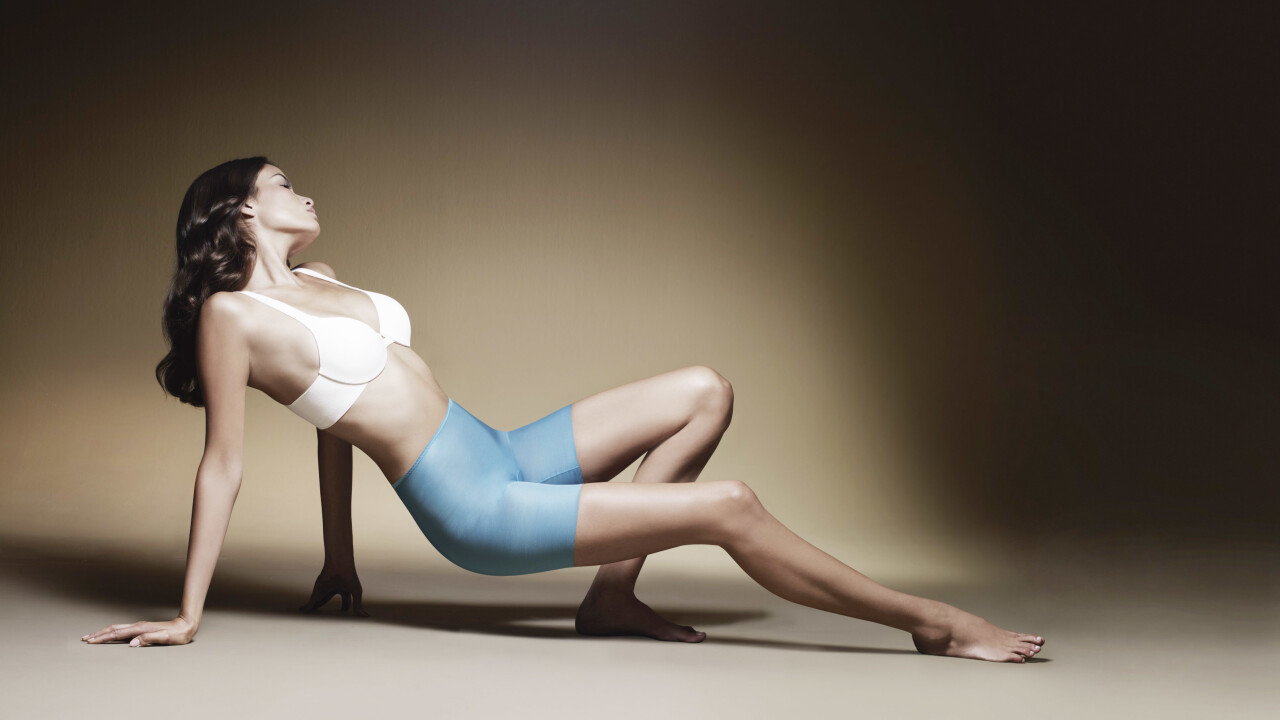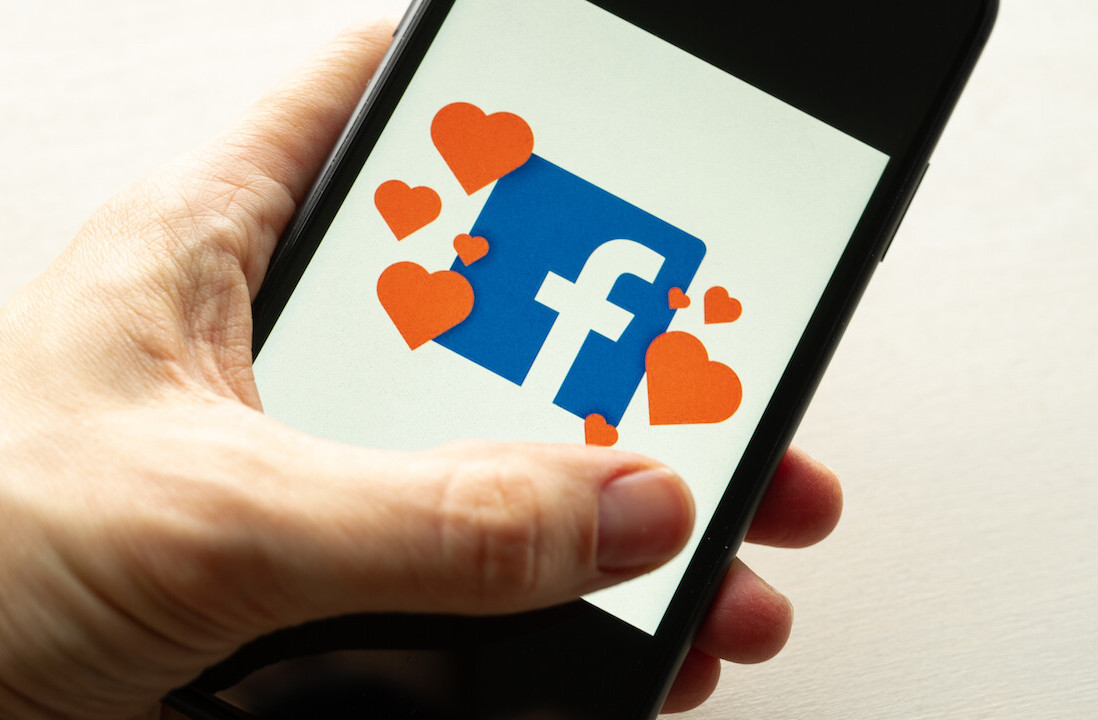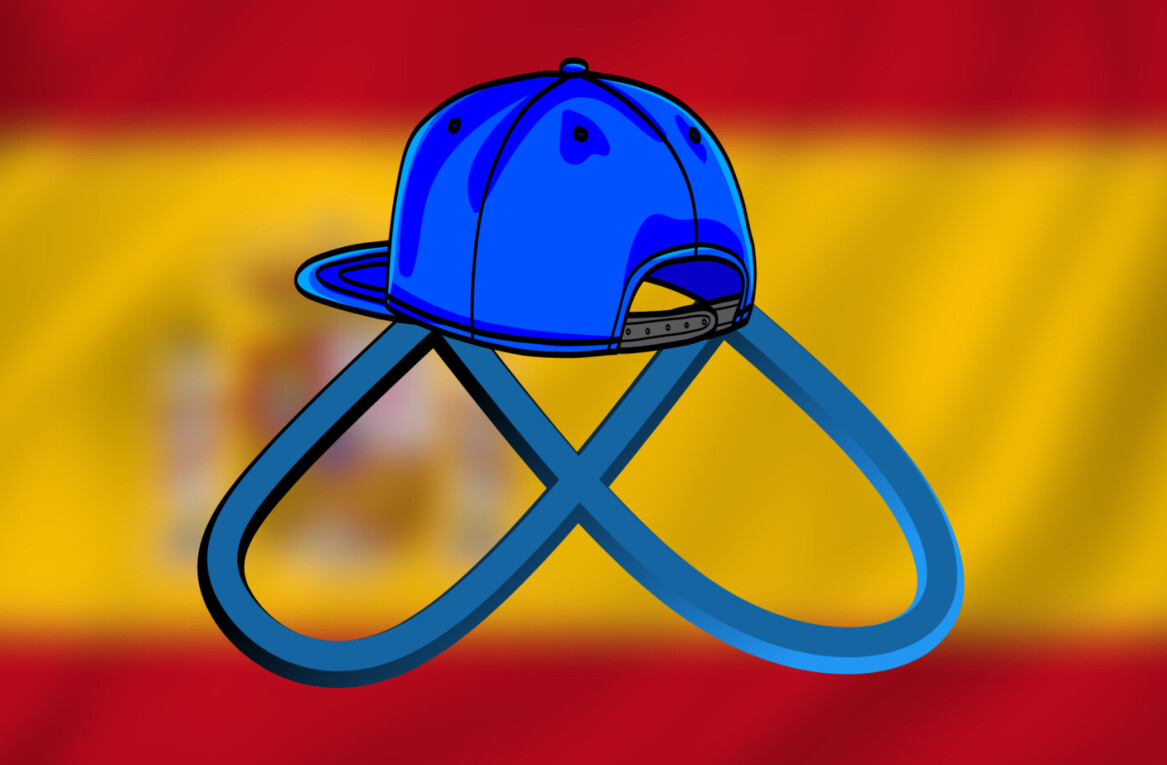
The Facebook Like button is nearly ubiquitous these days. But if you’re a brand, be careful where you slap that Like button; it may be hurting your sales.
While marketing teams the world over adore the Facebook Like button for its viral and free sharing capabilities, the sales department may not be so keen when it comes to selling items like muffin top-hiding pantyhose or pimple creams.
 For its 2012 State of Style Report, StyleCaster, a New York City-based media company, polled 1,500 men and women aged 16-37 on consumer trends in the style space. Additionally, the report includes data mining insights from Sociocast‘s database of more than 200 million consumers. “Within the first few weeks of the report… we found that people are truly passionate about the future of the style industry, and its collision with new media. They’re engaged, educated and ready to advance the conversation,” said Ari Goldberg, the CEO Stylecaster.
For its 2012 State of Style Report, StyleCaster, a New York City-based media company, polled 1,500 men and women aged 16-37 on consumer trends in the style space. Additionally, the report includes data mining insights from Sociocast‘s database of more than 200 million consumers. “Within the first few weeks of the report… we found that people are truly passionate about the future of the style industry, and its collision with new media. They’re engaged, educated and ready to advance the conversation,” said Ari Goldberg, the CEO Stylecaster.
But the report also found that sometimes the conversation is best left outside of social networks. If you’re a stylish chick, let’s say you’re browsing online and come across a stunning dress with orange feathers down the back. You see the Facebook Like button or Tweet share or Pinterest button and what do you do? You likely share it across at least one of these social networks. But what about when you’re shopping online for more “personal” items like condoms or deodorant? My guess is you ain’t pinning those prophylactics.
![]() Sharing or not wanting to share products is one thing, but when it comes to sales, brands need to smarten up because the mere thought of a social network is shown to hurt sales. The State of Style Report found that women are 25% less likely to purchase Spanx when a Facebook Like button or Tweet button is present, but are 25% more likely to purchase a trendy perfume in the same scenario.
Sharing or not wanting to share products is one thing, but when it comes to sales, brands need to smarten up because the mere thought of a social network is shown to hurt sales. The State of Style Report found that women are 25% less likely to purchase Spanx when a Facebook Like button or Tweet button is present, but are 25% more likely to purchase a trendy perfume in the same scenario.
And it works with both genders as well. Similarly, men are 25% less likely to purchase Clearasil and 25% more likely to purchase athletic shorts when a social network is staring them in the potentially pimply face.
So next time you think about slapping the Like button next to every product in your online store, think about how socially relevant that product may be perceived.
Also read: StyleCaster CEO picks his 12 favorite accounts to follow on Twitter
Get the TNW newsletter
Get the most important tech news in your inbox each week.




